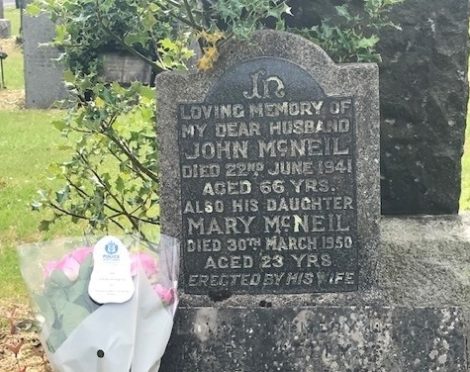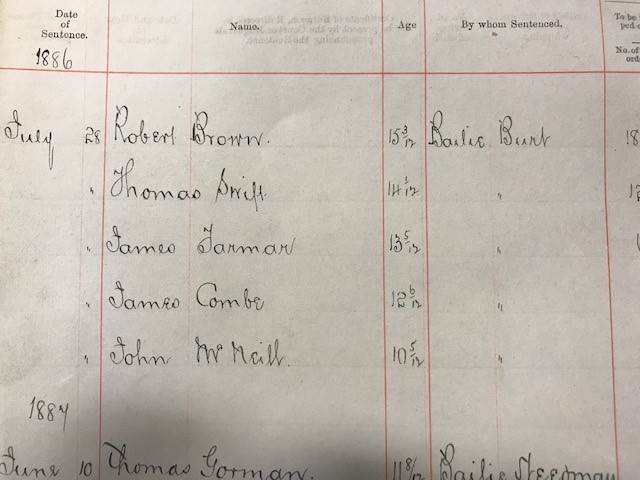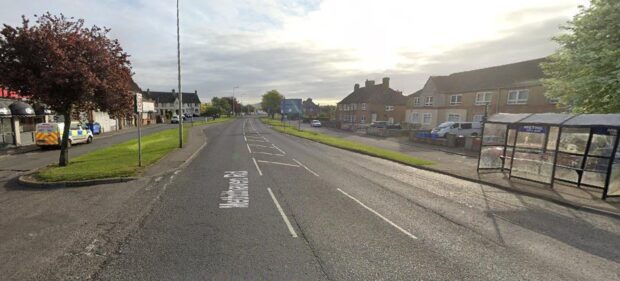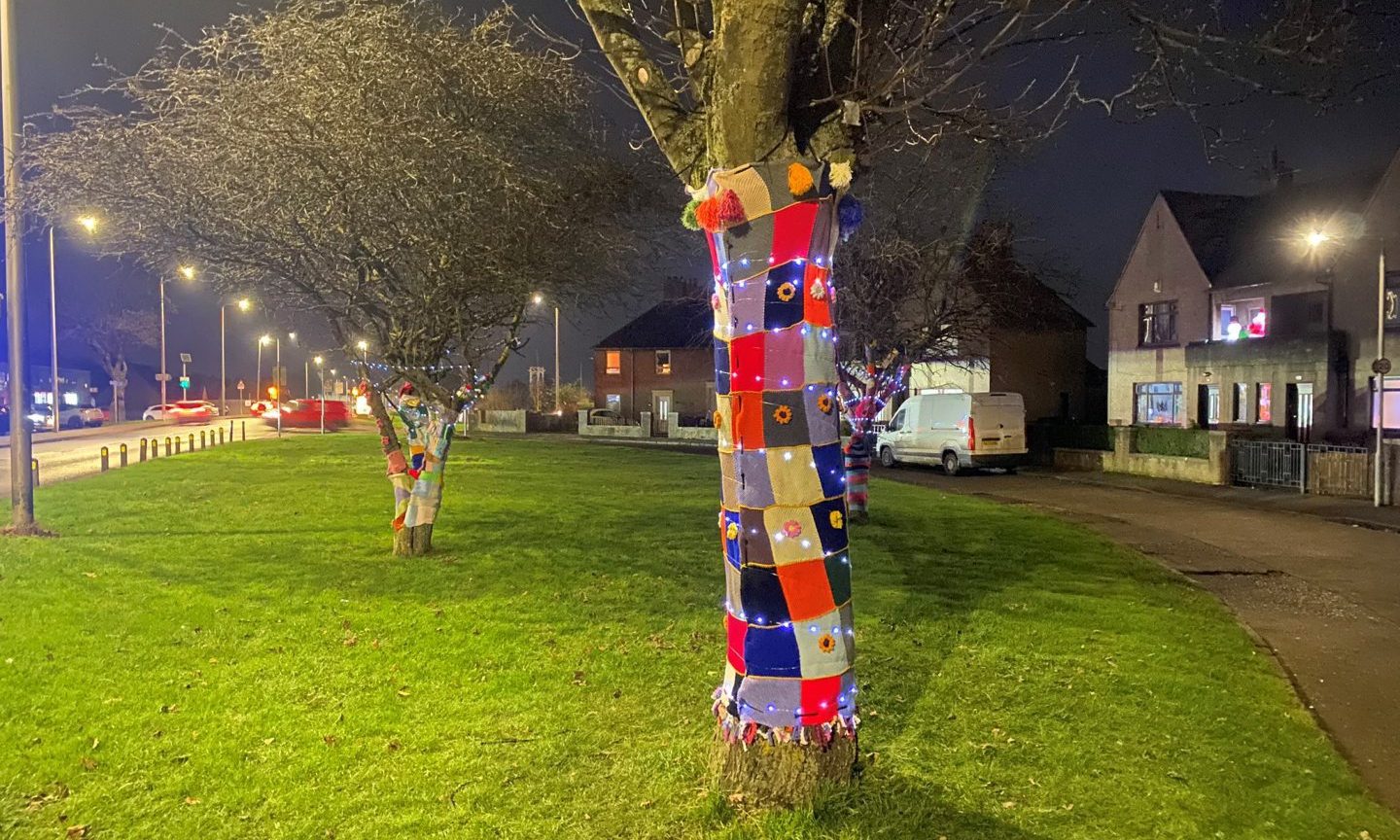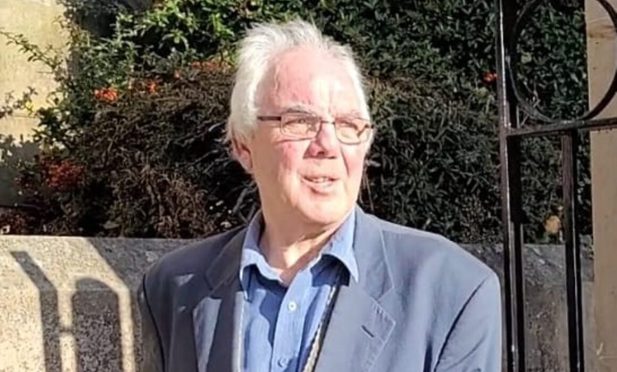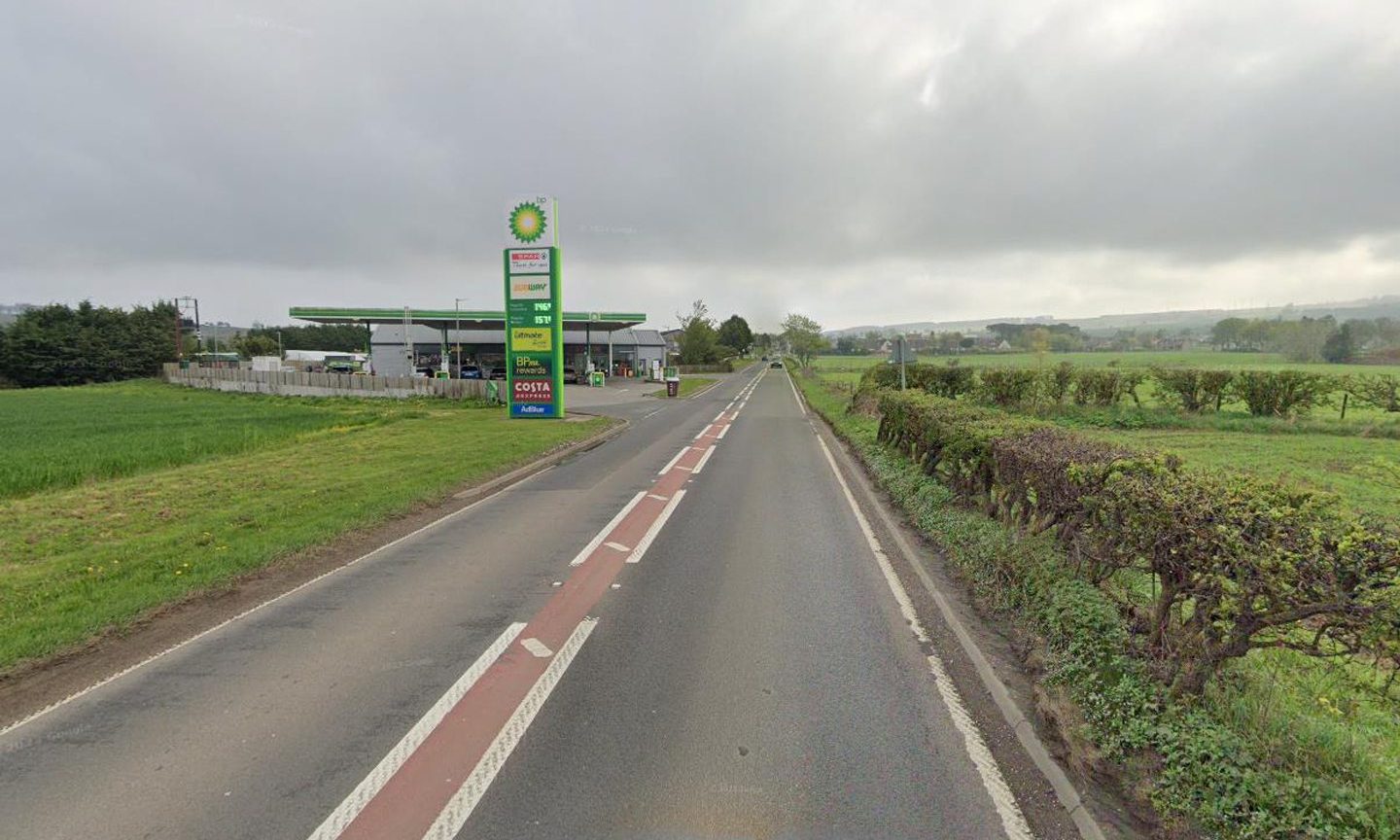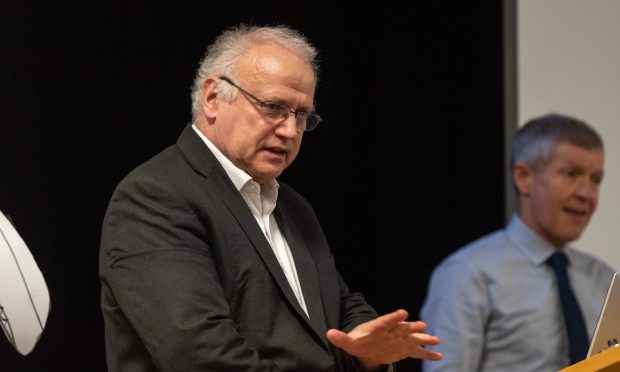The memory of a 10-year-old Fife boy who was whipped as punishment by police 134 years ago, has been honoured by officers.
Representatives from Police Scotland laid flowers at the grave of John McNeill this week in an act of atonement for the brutal punishment inflicted on the youngster in 1886.
The astonishing, yet disturbing, story was uncovered in artefacts found during recent refurbishment work at Fife Police Museum.
A Register of Juvenile Male Offenders revealed that on July 28, 1886 a number of juveniles were sentenced to a punishment of whipping including John, the youngest, who was to be given six ‘stripes’ on the order of Bailie Buist.
Taking place within cell five at the then-Dunfermline Police Office, records show the process started at 11am and he and others were “finished” within 15 minutes.
It is still unclear what crime John committed to deserve such a punishment.
The discovery of the grim records spurred museum staff to find out more about the unfortunate youngster.
“We decided it would be interesting to try and trace John’s story and with the kind assistance of Fife Family History Society we believe that we found him,” said a police spokesman.
Records show John was brought up in Bruce Street in Dunfermline and his mother died of cancer when he was 13.
The 1891 census recorded him living with his sister in Carnegie Street, Dunfermline and his occupation was an iron dresser, a general term covering all foundry workers engaged in removing sand from castings and chipping off any irregularities.
He married Mary Kelly from Ballingry and went on to have four sons and six daughters between 1912 and 1932. He a was recorded as a miner and also fought in World War I.
John died of septicaemia, aged 66 years, on June 21 1941 at his home in Rosewell Drive, Lochore.
“With the kind assistance of Fife Bereavement Services we tracked John’s grave down. 134 years after the incident we paid our own respects to him,” the police spokesman added.
News of John’s brutal punishment and respects paid this week by officers came as a complete shock to John’s descendents.
Great granddaughter Yvonne Page said: “It is quite the story, we have looked back and found he had an interesting life.
“After his initial brush with the law he didn’t get himself in any more trouble.
“My great grandad went onto serve in World War I with the Royal Engineers. He served for years 11 months, then he was shot in the back.
“He was discharged back to duty after some time and awarded for gallantry as well as receiving other WW1 medals.
“He was certainly a chap who deserved respect in the end.”
